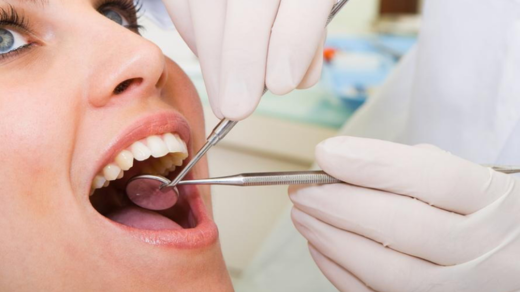As a family dentist in Lakewood Ranch, we’ve seen firsthand the devastating effects of periodontal abscess, a serious dental condition that can strike without warning and wreak havoc on oral health. Dubbed the “silent killer,” periodontal abscess is a type of infection that can occur deep within the gums and bone, often without noticeable symptoms until it’s too late. This stealthy condition can lead to tooth loss, bone loss, and even systemic infections, making it crucial for individuals and families to be aware of the risks and take proactive steps to protect their oral health.
In this article, we’ll explore the dangers of periodontal abscess, its subtle symptoms, and what you can do to prevent this condition from taking hold.
What is a Periodontal Abscess?
Periodontal abscess is a type of infection that occurs in the gums and bone surrounding the teeth. It is usually caused by a combination of factors, including poor oral hygiene, gum disease, and tooth decay. When bacteria accumulate in the gums and bone, they can cause a pocket of pus to form, leading to a periodontal abscess.
Why is Periodontal Abscess So Hard to Detect?
There are several reasons why periodontal abscesses can be so difficult to detect.
- One of the main reasons is that the symptoms can be very subtle, especially in the early stages. Many people with periodontal abscesses may not experience any noticeable symptoms at all, or they may attribute their symptoms to something else.
- Another reason why periodontal abscesses can be hard to detect is that they can occur deep within the gums and bone, making it difficult to see or feel. Even dentists may have trouble detecting periodontal abscesses during a routine examination, especially if the abscess is small or located in a hard-to-reach area.
What Are The Consequences of Untreated Periodontal Abscess?
If left untreated, periodontal abscess can have serious consequences. Some of the potential complications include:
- Tooth loss: Periodontal abscess can cause the bone and gums surrounding the tooth to deteriorate, leading to tooth loss.
- Bone loss: The infection can also cause the bone to deteriorate, leading to a loss of jawbone density and potentially even changes to the shape of the face.
- Systemic infections: In rare cases, the bacteria from the periodontal abscess can enter the bloodstream and cause infections in other parts of the body.
- Heart disease and stroke: Research has shown that there may be a link between periodontal disease and an increased risk of heart disease and stroke.
How to Protect Yourself From Periodontal Abscess?
While periodontal abscesses can be difficult to detect, there are steps you can take to protect yourself from this condition. Some of the most effective ways to prevent periodontal abscess include:
- Practicing good oral hygiene: Brushing and flossing regularly can help remove bacteria and plaque from the teeth and gums, reducing the risk of periodontal abscess.
- Visiting your dentist regularly: Regular dental check-ups can help detect periodontal abscesses in their early stages when it is easier to treat.
- Avoiding sugary and acidic foods: Consuming sugary and acidic foods can contribute to tooth decay and gum disease, increasing the risk of periodontal abscess.
- Quitting smoking: Smoking can increase the risk of periodontal disease and abscess, so quitting can help reduce this risk.
Bottom Line
Periodontal abscess is a serious dental condition that can have severe consequences if left untreated. While it can be difficult to detect, there are steps you can take to protect yourself from this condition. By practicing good oral hygiene, visiting your dentist regularly, avoiding sugary and acidic foods, and quitting smoking, you can reduce your risk of periodontal abscess and keep your teeth and gums healthy for years to come.




